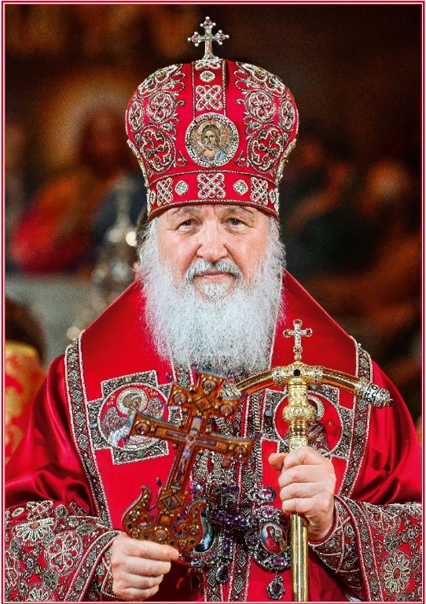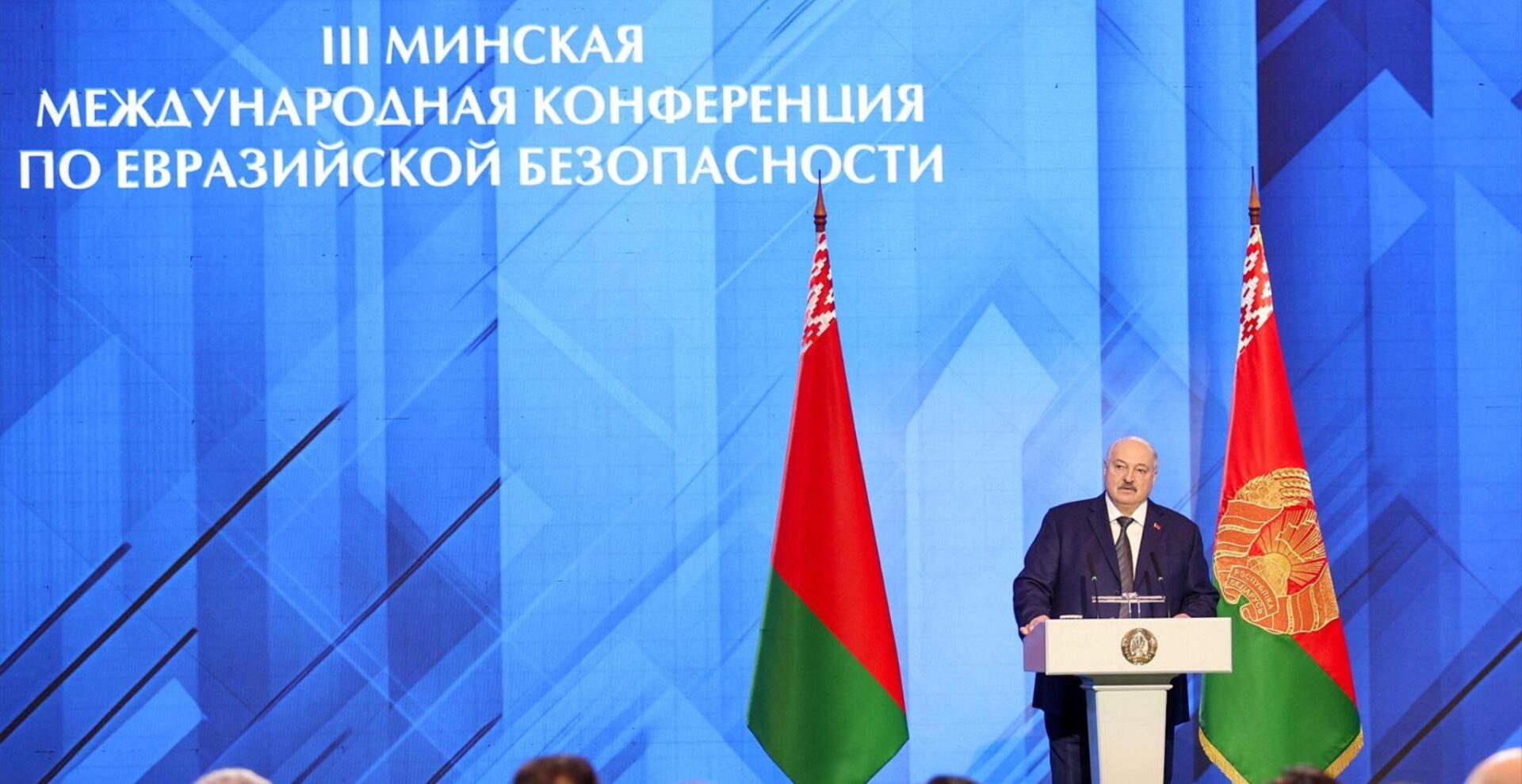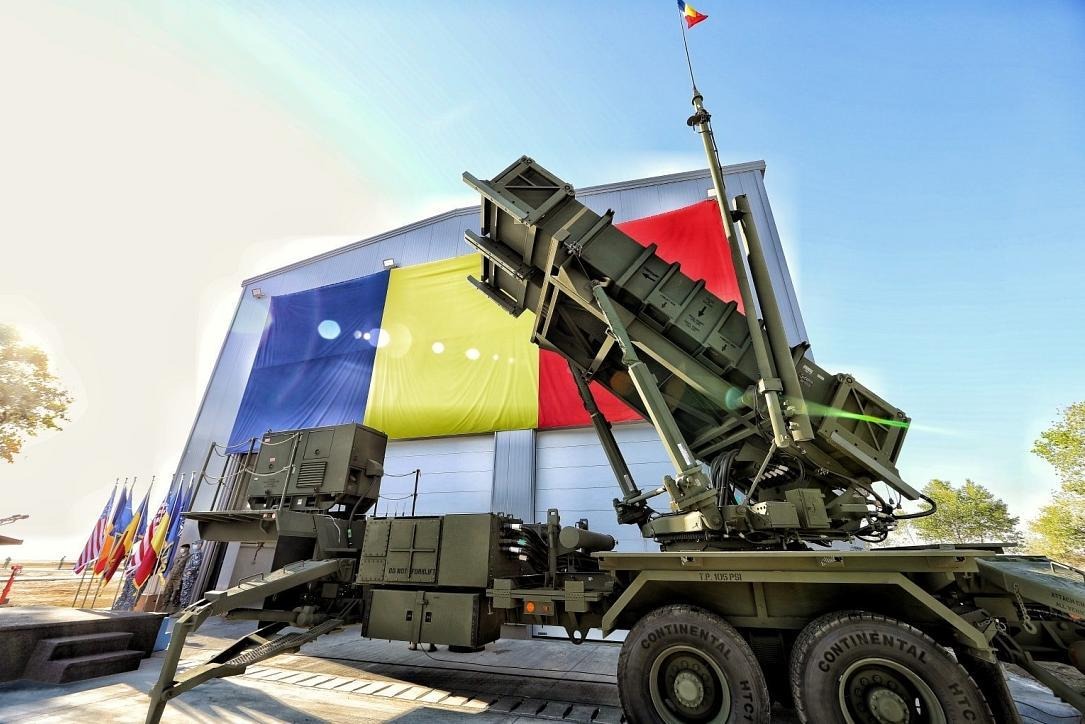
Cossacks: Avatars of Religious Nationalism
Cossacks: Avatars of Religious Nationalism
Russia’s re-invasion of Ukraine is over four months old at this point, and the Cossacks have played a role in ostensibly sanctifying the ongoing conflict. The narrative of the war as a blessed mission for Russia’s dominion over Christian Orthodox lands is typified by Patriarch Kirill’s support for it, even at the price of alienating certain parishes and faithful members in Russia (Novaya Gazeta, February 28). As a movement historically aligned with the Orthodox Church, the Cossacks have also been intertwined in this narrative. To begin with, recently deceased Cossack Roman Kashin is referenced as “having trod the path of the Christian soldier.” Kashin, who died in Luhansk Oblast, “was raised in a priest’s family. Together with his Cossack brothers, he entered into government service—engaging in the protection of water resources. Adherence to Christian and Cossack commandments determined the fate and the choice of Roman Kashin—a soldier of Christ” (Vsko.ru, June 21). Clearly, association with Orthodoxy heavily influences the Cossacks, which has not been emphasized in recent epitaphs of Cossack infantry.
Kashin’s story could be dismissed simply as a product of him coming from a clerical family if it were not for the strong evidence of sharply increasing involvement by the Russian Orthodox Church with the Cossack movement. A meeting between Patriarch Kirill, a representative of the Synodal Committee for Interaction with the Cossacks, and All-Russian Cossack Society (VSKO) Ataman Nikolai Doluda took place recently in the Danilov Monastery in Moscow. During the meeting, the participants discussed the spiritual care of the Cossacks, acquisition by the All-Russian Cossack Society of a military church, and the assignment of that status to churches of the Volga, Transbaikal, Irkutsk and Ussuri Cossack hosts. After the meeting, Doluda claimed, “The Cossacks of Russia faithfully and truthfully continue to serve the Fatherland and the Orthodox Faith… It is difficult to overestimate the spiritual feat of priests, who on the battlefield support the fighting spirit of the Cossacks and soldiers of the Russian army, as well as perform the sacrament of confession and communion in the combat zone.” Continuing, Doluda said, “Today the Cossacks of Russia are leaving for Donbas with those military banners that you, Your Holiness, consecrated in 2011 and were personally presented to all military atamans in the Assumption Cathedral of the Moscow Kremlin” (Vsko.ru, June 16). Such declarations emphasize the Cossacks’ connection with Christian Orthodoxy, adding meaning to the war in Donbas. Yet, it also denotes the extent to which the notion of “holy war” is being deployed, presumably to motivate troops but also to curtail opportunities for compromise, as nothing short of absolute victory will be tolerated.
The Orthodox vector is being amplified for the Cossacks in other ways as well, despite the weakening of religiosity among rank-and-file members. Doluda signaled this when in an interview he said, “The Cossacks are a phenomenon of the spiritual life of the Russian people.” The origin of their power is that “the Cossacks are determined for good to triumph over evil.” The Cossacks consecrate their lives to God, and as a result, they must win at all costs. All Cossacks “live by the commandments, lay down their lives for the honor of their ancestors, for the lands which hold the graves of their fathers, and for their wives and children.” As such, the Church includes the Cossacks “among the host of Christ,” and they are partially responsible for “the fate of the Fatherland.” Modern Cossacks may not be overwhelmingly religious, but they do strive “to live in harmony with God. This is the truth of Cossack life at all times.” Non-Orthodox or non-believing Cossacks do not exist. In fact, “chapels are being built in kindergartens and Cossack cadet corps” (Vsko.ru, June 10). Two of the war’s impacts are thus the increased emphasis on Orthodoxy and the changing role of the Cossacks in Russian society. The Cossacks will most likely play the part of vanguard for such “civilizational” nationalism in the future.
Indeed, a possible role for the Cossacks in Russia’s war is as a source of unity and reconciliation with Ukraine, possibly after the end of the conflict. Doluda signaled such a role in an article that has since been removed from the All-Russian Cossack Society’s website but that was reproduced by the Cossack Information Analytical Center, a news aggregator. The article asks whether the “Cossacks of the Zaporozhye region [in Ukraine]” should be admitted into the All-Russian Cossack Society. The article claims such a decision would be “premature” and arguably not feasible. However, the VSKO seems to be mulling the idea should Zaporozhye be annexed, and Sergei Yuschenko reported that “the Cossacks of Zaporozhye Oblast will initiate the procedure for entry into the composition of the All-Russian Cossack Society, pending negotiations” (Kazak-center.ru, June 7). That this article was removed from the VSKO website is a testimony to its sensitive nature and Russian indecisiveness on how to proceed. In truth, the common Cossack legacy between Russia and Ukraine may yet become a source of further division, rather than unity.


